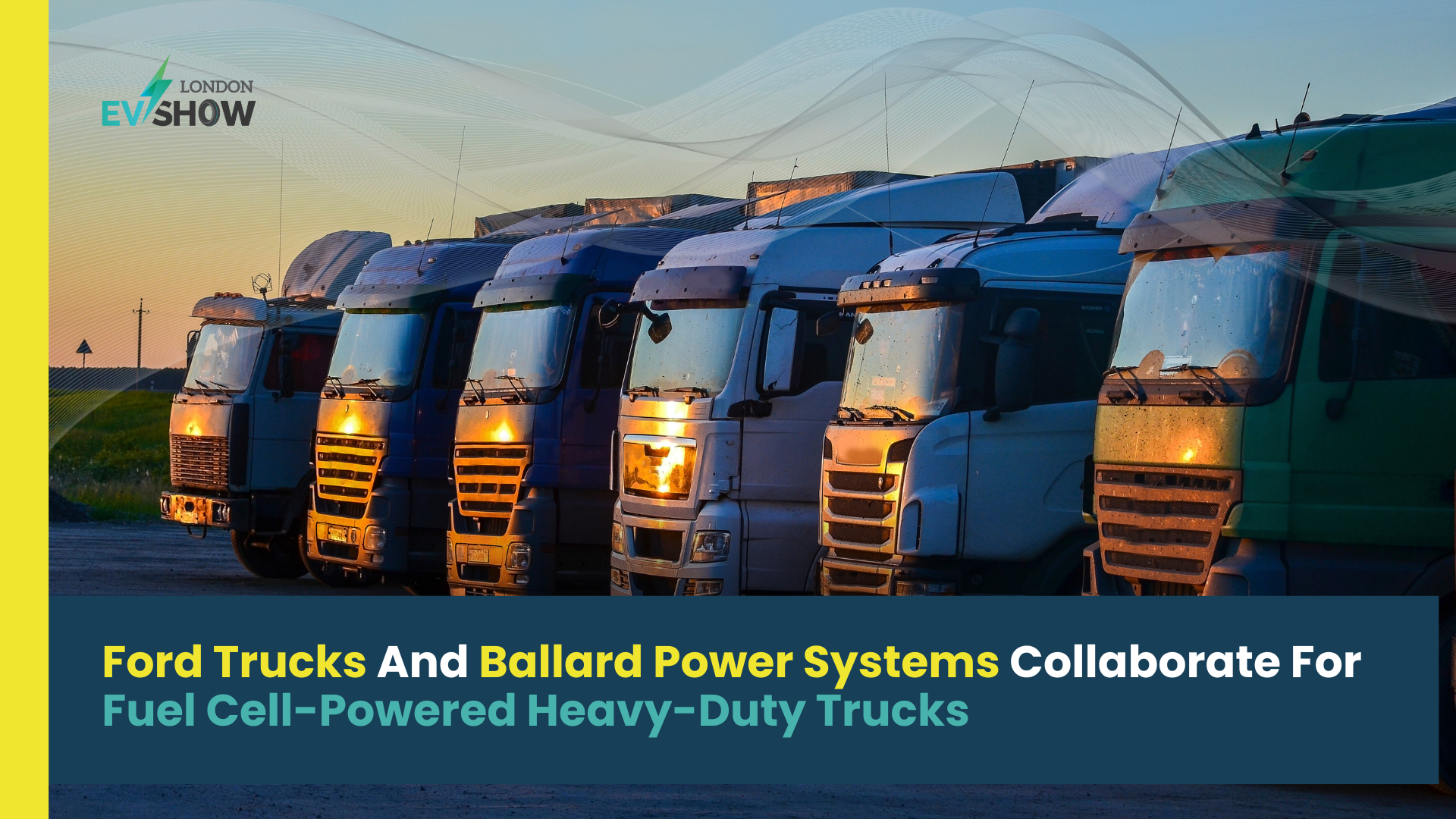03 August 2023: Ford has unveiled its ambitious plans to develop a groundbreaking heavy fuel cell truck prototype through its involvement in an EU initiative. The renowned Canadian fuel cell expert, Ballard Power Systems, has been selected to provide the technology for this innovative project, with implementation anticipated before the year's end.
The focal point of this initiative involves the transformation of the Turkish joint venture Ford Otosan's 44-tonne Ford F-MAX truck. The envisioned outcome is a remarkable fuel cell truck that will integrate two of Ballard's advanced FCmove-XD modules, each boasting an impressive power capacity of 120 kW. The initial phase will involve the deployment of a single-unit configuration. As part of the ongoing effort, the fuel cell-enhanced F-MAX is slated for production within Turkey and is scheduled to make its debut on the roads in 2025. This milestone launch will mark the commencement of the initial demonstration phase within the framework of the EU-backed project known as ZEFES (Zero Emission Freight).
In a press release by Ballard Power Systems, Vice President, Ford Trucks, Emrah Duman stated, “At Ford Trucks, we invest in alternative technologies that will define the automobile industry's future in accordance with our sustainability aims. Electrification, followed by hydrogen technology, is one of our top priorities. Our first Fuel Cell Electric-powered Vehicle F-MAX, which we will develop as part of the ZEFES project, will be a significant milestone. We are thrilled to be working with Ballard on this critical project. This long-term relationship will generate enormous value in the future. We have a wide range of promising technological talents and capabilities, and our work is progressing quickly and successfully. As Ford Trucks, we will continue to pioneer future sustainable transportation technologies with R&D investments.”
The ZEFES initiative unites four truck OEMs, two trailer OEMs, suppliers, logistic operators, and research partners in a collaborative endeavour. The primary objective is to expedite the seamless integration of Zero Emission Vehicles for long-haul heavy transportation. The project's core focus encompasses enhancing operational efficiency, fostering mass production capabilities, and showcasing technology utilisation in practical scenarios.
By the year 2025, the project aims to deploy nine distinct vehicle concepts, comprising four Fuel Cell Electric Vehicles (FCEVs) and five Battery Electric Vehicles (BEVs). These vehicles are projected to collectively cover over 1 million kms, operating along key European transportation corridors in daily operations. This undertaking will be facilitated and validated through the development of a dedicated digital platform, an integral part of the project's scope. Anticipated outcomes include a significant advancement in ZEV adoption within the freight transport ecosystem. Notably, these vehicles are designed to carry loads exceeding 40 tonnes, traversing distances of up to 750 kms, with an average daily operational range of 500 kms.
Ford's efforts in unveiling its ambitious plans for a groundbreaking heavy fuel cell truck prototype underscores its commitment to shaping the future of sustainable transportation. Through collaborations, advancements, and visionary leadership, this project embodies the transformative potential that sustainable technologies hold for the future of mobility.

